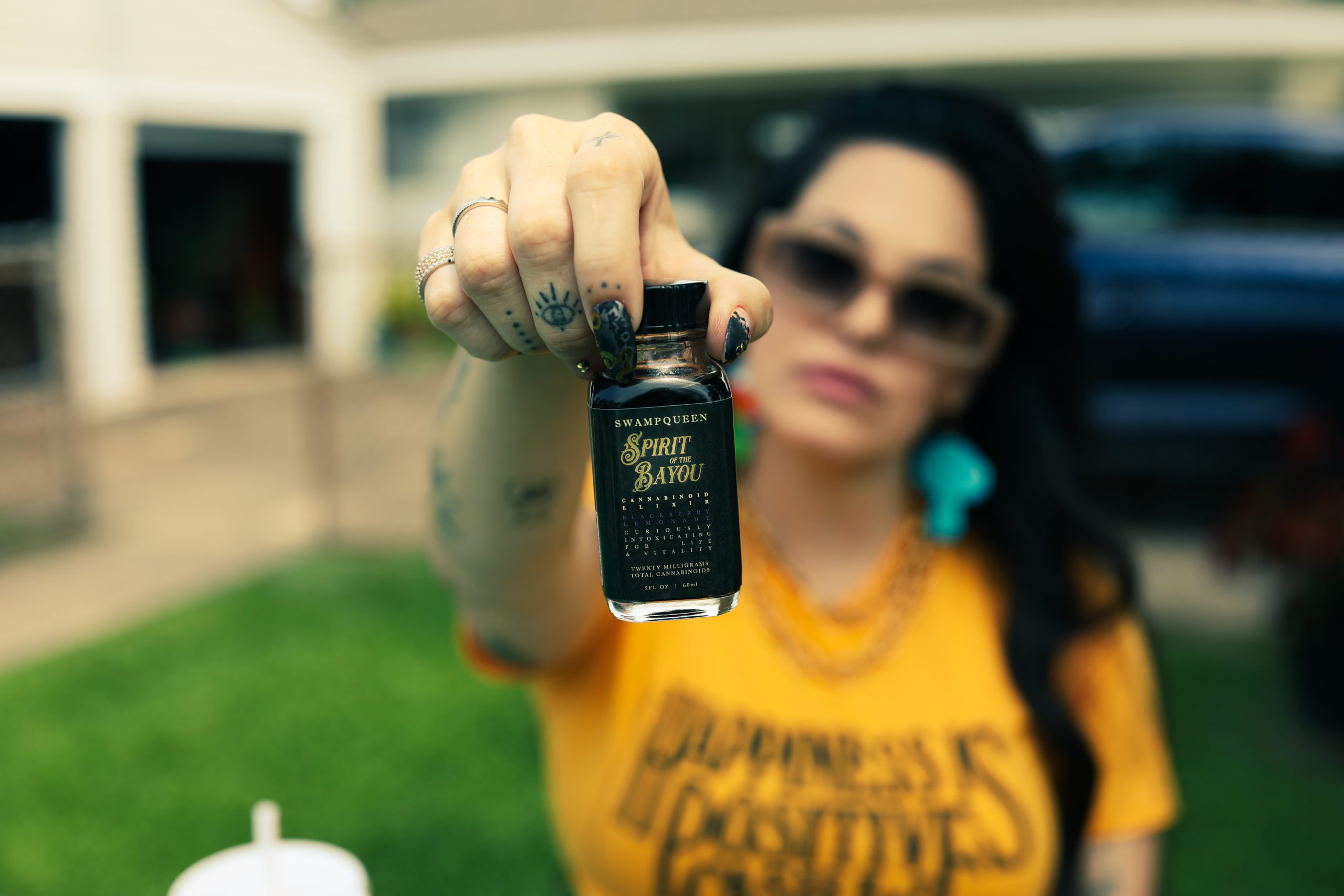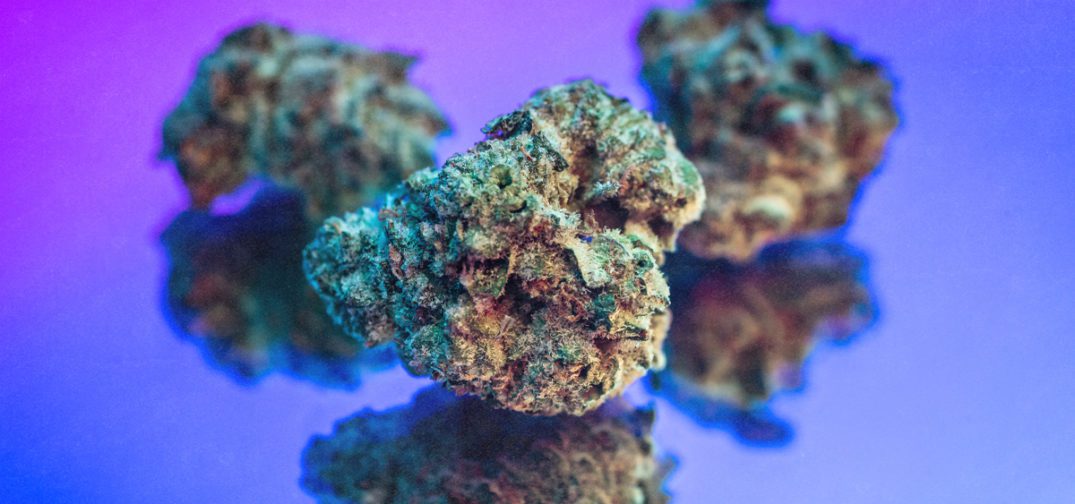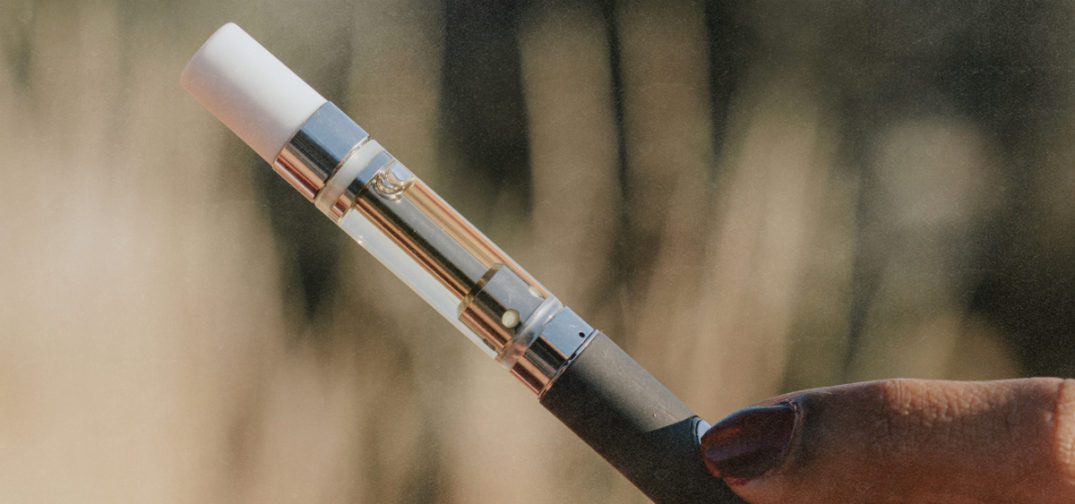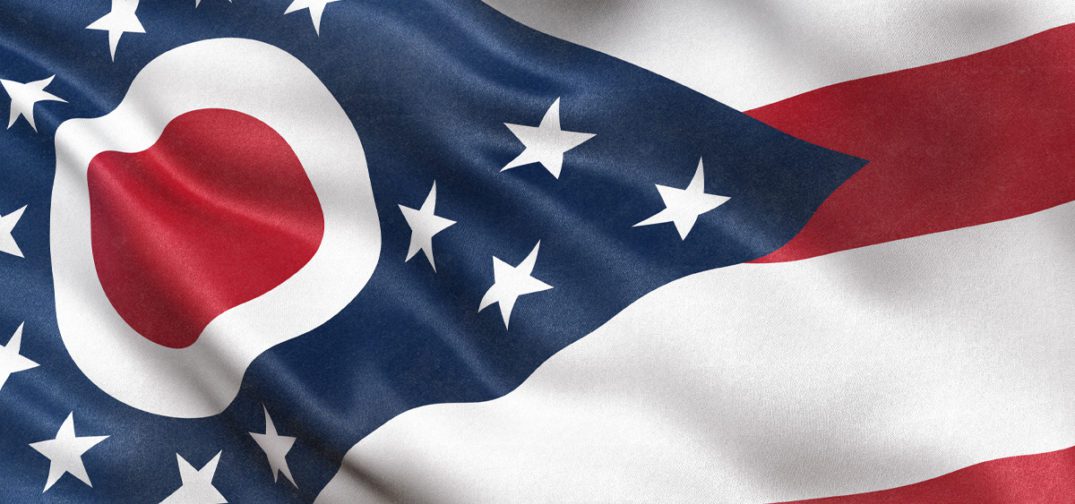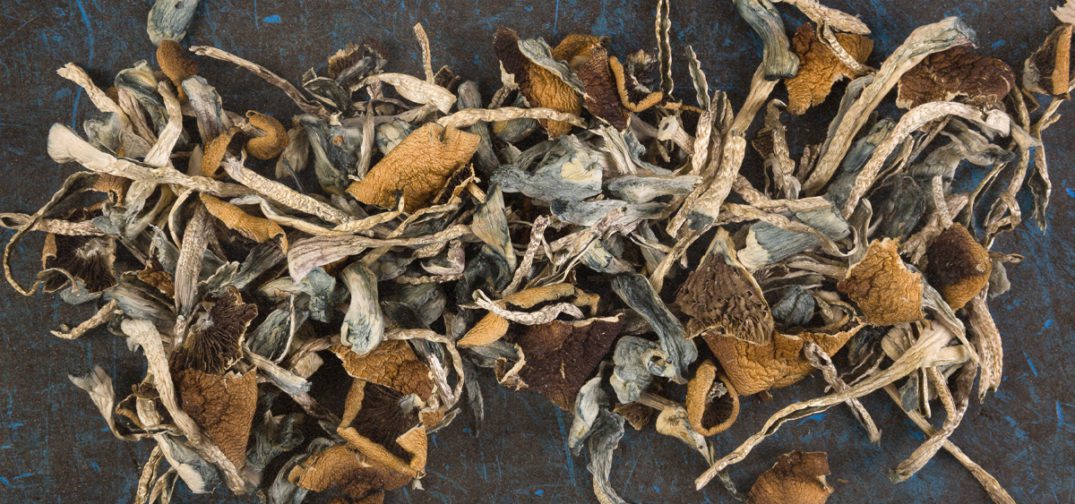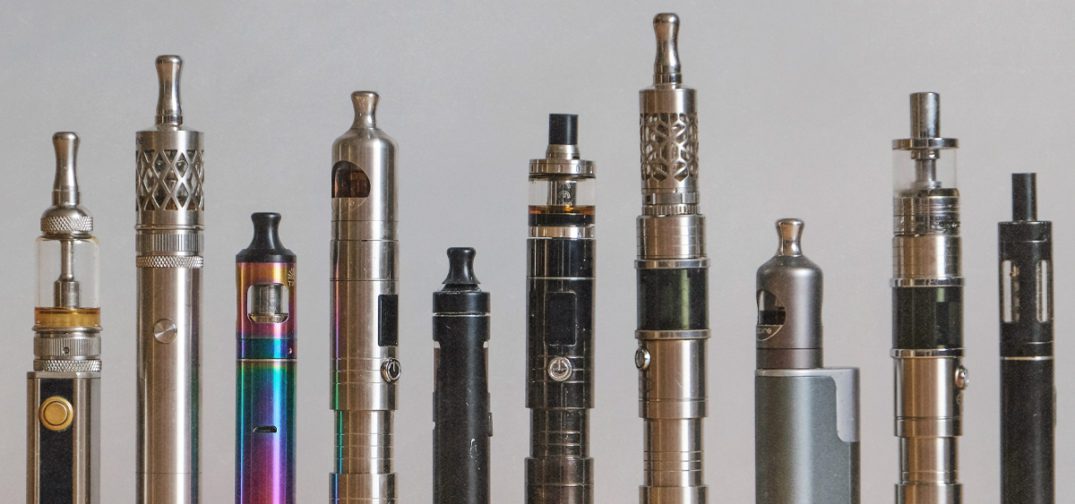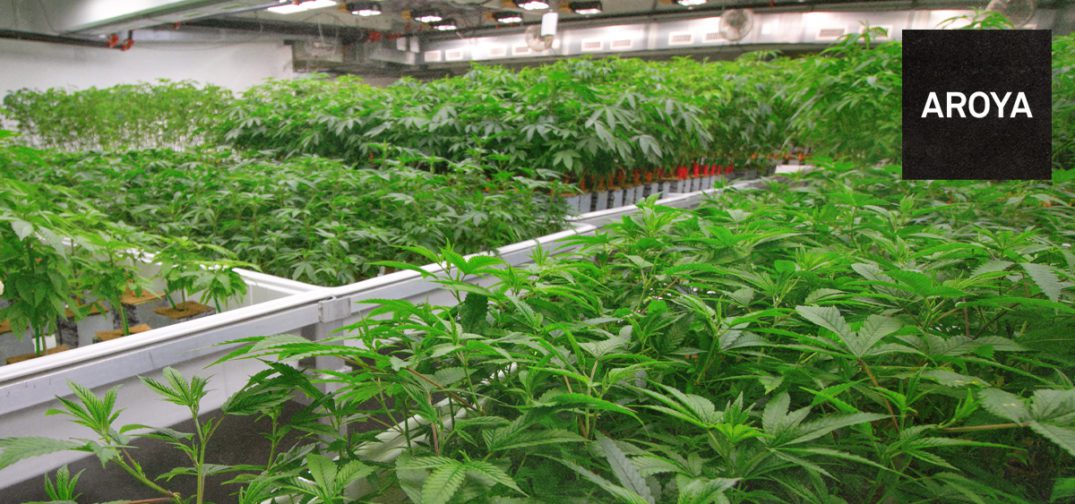Vaping is becoming ever more popular, especially when it comes to cannabis. Now legal in plenty of states – some even let individuals grow their own – cannabis and vaping go together. Smoking can be dangerous and is also banned in many places, which increases vaping’s popularity.
As the market develops, so new devices have become available. Fresh brands enter the vape market regularly, which leads to greater innovation. For newcomers to the world of vaping, there is plenty of jargon to come to grips with.
This article is about the art of dabbing and in particular the dab pen and dab rig – what are they, and what is dabbing? Let’s not waste any more time!
What is dabbing?
There are several forms in which cannabis can be used in a vape device. It can be vaped as a dry herb, as cannabis oil, or as a wax concentrate. The latter is known as ‘dabbing’ and the devices that enable this method are the dab pen and the dab rig.
But what is cannabis wax concentrate? The cannabis plant contains many compounds available for extraction. The two most popular and available compounds in cannabis are tetrahydrocannabinol (THC) and cannabidiol (CBD) but THC is the substance in which we are most interested with regard to dabbing.

THC is the main psychoactive element in the cannabis plant, the one that causes the ‘high’ sensation we enjoy. Buy a top-quality dry herb to vape and you will find around 20% THC content. Buy wax concentrate and the content can be as high as 80%. This is because wax concentrate is created using extraction methods that isolate the THC from most of the other compounds in the plant.
Dabbing usually offers the highest concentration of THC of all consumption methods, hence its popularity (cannabis oil – also known as hash oil – offers around 50% THC content). With the explosive growth of vaping devices in the world in recent years, there is more innovation in this sector, and dab pens have also benefited.
Wayne Chen, the CEO of Vape4Ever, told us that they have become popular through selling concentrate vape pen products.
Now we will explain how a dab pen and dab rig works, and why you may want to buy one.
How does a dab pen work?
Vaping is a relatively young and rapidly evolving market. While the concept has been around since the first quarter of the 20th century, it was not until the early part of this century that the first commercially available vape devices hit the market. The introduction of the e-cigarette – as the first examples were marketed – coincided with many countries banning tobacco smoking in public places. Vaping was – and still is – seen as a safer and more socially acceptable alternative.
Rapid evolution comes with increasing demand. Soon, the market was full of new brands offering vape mods – larger devices with greater power – and then the more discreet vape pen. These resembled a typical pen being long and thin and while many of today’s vape pens are not shaped thus, the name stuck.
Essentially, a standard vape pen and a dab pen are the same thing but for reasons we will explain now, it is unwise to use a dab pen to vape dry herbs, and vice versa. The dab pen is a relatively simple device, so let us walk you through how to use a typical example.
A dab pen’s most important components are the heating chamber, the coil – or atomizer – and the battery. These are contained in an outer shell that has a mouthpiece attached and a clear airway to the chamber.
The dab – the wax concentrate – is put into the chamber. The user performs the procedure to begin the vaping routine. This usually involves pressing a button a certain number of times (although there are some models that are activated by taking a draw). The battery heats the coil to a prescribed temperature at which the wax concentrate is vaporized. The result is a cloud of cannabis vapor that can be inhaled.
Here is the important bit: unlike a cigarette, there is no combustion. This eliminates the problem of tar and certain elements created by the act of burning, elements that we now know have been responsible for lung diseases and may even cause cancer.
There is one further important factor that we need to mention, and that is why you need a dedicated dab pen for wax concentrate. Concentrate, oil and dry herbs all vaporize at different temperatures with different results. The material that the coil in a dab pen is made of will most likely be quartz or ceramic. That in a pen for dry herbs may be stainless steel. The efficiency of the pen depends on the right materials and the right temperatures being used.
Now let’s look at the dab rig.
How does a dab rig work?
A dab rig can be described as the wax concentrate version of a traditional bong. Mostly glass, this simple and yet surprisingly effective device is designed for use in the home rather than as a portable vaping device. The dab rig consists of the following: a mouthpiece, a chamber for water, and a bowl or ‘nail’. The dab – the wax concentrate – is put into the nail. It is then heated, usually with a blowtorch, to the point at which the cannabis concentrate vaporizes.

There is no electrical control with a dab rig, and they are operated as described above entirely manually. Naturally this can be a bit hit and miss but there is one major advantage to the dab rig over the dab pen: the massively stronger and more potent vape cloud.
Just as a bong will produce the best hit for dry herb – better and more powerful than any joint – there is no vape device, no matter how advanced, that can match the dab rig for sheer potency. Dab rigs make a great addition to a pot party. Let’s have a quick look at the pros and cons of the dab rig and the dab pen.
Pros and cons of dab rigs and dab pens
Dab Rig:
The advantages of the dab rig include:
- Most powerful hit of any dabbing device.
- No electricity needed.
- Produces a large vapor cloud.
- Water filter.
The disadvantages of the dab rig include:
- Needs external heat source.
- Results can be variable.
- Fragile construction.
- Not portable or discreet.
- Needs regular cleaning.
Dab Pen:
The advantages of the dab pen are:
- Compact and discreet.
- Easy to use.
- Short heating time.
- Adjustable temperature settings.
- Low maintenance.
The disadvantages of the dab pen are:
- Battery needs regular charging.
- Not as powerful as a dab rig.
- Flavor not as rich.
Before we move on to look at which one you should be buying it’s important that we check out the alternatives to dabbing cannabis.
What are the alternatives to dabbing?
We’ve explained that dabbing is using cannabis wax concentrate and gives the highest level of THC content. There are other methods of using cannabis, so we’ve put together a few words about the most popular.
The traditional joint is still popular with many users who not only enjoy it more than vaping but also recognise the culture that surrounds smoking marijuana. The dangers, however, are well known. If this is your preferred method then that’s up to you, and we suggest you check out some of the reputable weed retailers for quality product.
Vaping dry herb cannabis has been mentioned already. You can buy quality vape pens that are designed for this purpose and come fitted with the ideal type of heating coil. Look for one that has a variable voltage option as that allows you to select the temperature and which the device vaporizes the cannabis. Different temperatures affect the taste and the harshness of the cloud, enabling you to select a point at which you are happiest.
Vaping cannabis oil is another popular method. Cannabis oil is extracted from the plant along with compounds additional to THC. These include cannabidiol and various terpenes – the elements that lend the plant flavor – which many users enjoy. The THC content in this method will be lower than wax concentrate but higher than dry herb.
We’re almost the end as we have covered the important distinctions between the dab rig and the dab pen, so to finish we’ll look at which one you should buy.
Which one should I buy?
Dab rig or dab pen – which is for you? Both have their place in the modern world of vaping cannabis, and the simple answer is to buy one of each. The dab pen you will use when you’re out and about. It fits neatly in a purse or pocket, is discreet and simple to use, and can be switched on and ready for a draw in matter of a few seconds.
The dab rig you can set up at home and enjoy the most impressive and powerful cannabis cloud with your friends. So, have a good look at the reputable online retailers and choose your dab pen and rig, and enjoy vaping cannabis.




